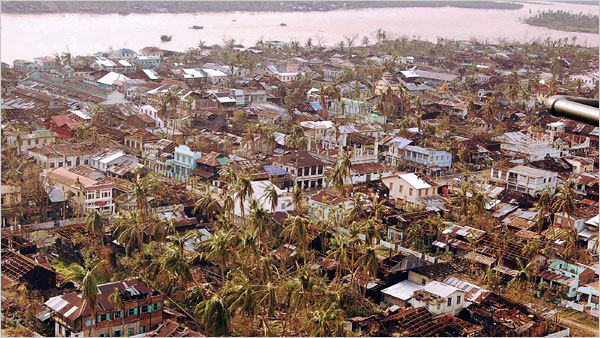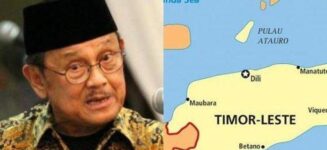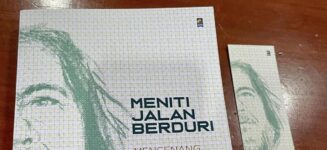The article titled ‘Disaster here, disaster there. Comparing Myanmar, Aceh & East Timor’, has been published here: https://www.etan.org/et2008/5may/21/19dsast.htm and earlier in The Jakarta Post May, 19, 2008.
Aboeprijadi Santoso, Jakarta
The way Myanmar’s military junta has dealt with the massive cyclone and international aid while maintaining control over its people has led many to believe that Indonesia’s experience when a tsunami hit war ravaged Aceh in December 2004 was fundamentally different.
But, was it that different? The Aceh war-tsunami-peace model is not unique.
Natural disasters have never just been natural matters, with many of the consequences being political. Worse, in the case of the Negris cyclone that struck Myanmar, it instantly turned the natural disaster into a man-made catastrophe as the military junta restricted news reports and foreign assistance.
This week has been one of intransigence and great reluctance on the part of the Myanmar generals, who have failed to assist foreign aid agencies working in the country. Their actions have taken a big toll and continue to worsen the situation each day — they are committing a crime against humanity.
So, how different is their situation from Aceh’s in the wake of the tsunami?
Let’s recall: as the year 2004 drew to a close, Aceh entered a new phase of war. The regional commander implemented a new intelligence strategy to put an end to enemy operations, allowing the military and mobile brigades units to prevail over the rebels.
Then, on December 26, 2004, came the tsunami. President Susilo Bambang Yudhoyono did not immediately respond; Vice President Jusuf Kalla, returning from a tour, expressed worry as the number of casualties drastically increased. In Aceh, soldiers did a good job and Indonesian solidarity in helping Acehnese was unprecedented.
However, the unique momentum of translating humanitarian values into precious moments of helping compatriots in need could not last long as the military commanders had different concerns. They felt their cause was of higher value.
The pendulum thus swung back, as Aceh’s authorities felt their sphere of command and influence was under threat; “distorted”, they said, by the presence of various foreigners, including from humanitarian workers to soldiers.
However, Jakarta forced them to accept the aid, and the U.S. carrier USS Abraham Lincoln became a symbol of “foreign intervention” in the region.
Still unaware of the effects of the tsunami on both sides of the conflict, the authorities responded with fear and paranoia.
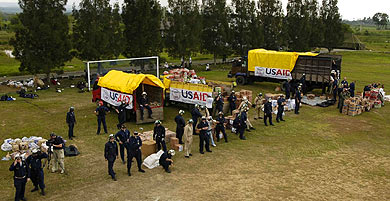
They feared losing their military advantage and rejected a cease fire offer from the rebels. Journalists — I remember my trip in February 2005 — were restricted by detailed, impossible rules, while hardliners, chief among them then-Army-top-commander Gen. Ryamizard Ryacudu, imposed on March 26, 2005 a deadline for foreign activities.
Such was the ensuing panic that then military chief Gen. Endriartono Sutarto desperately insisted: “I have to let them (the foreign agencies) in if we are to help people!” But the deadline remained, now euphemistically defined as an “incentive” to end the emergency phase and start a national reconstruction effort.
The gin of xenophobia was out of the bottle. Sure, Indonesia’s changed response was for the better, but compared to Myanmar’s, Indonesia’s experience represents a gradual rather than categorical set of differences, and demonstrates a similar pattern of state response among politicized militaries.
While the warring parties in Aceh were both badly affected by the disaster, the rebels suffered a great loss in terms of logistics, strategical position and personnel. It thus made sense for both sides to agree on a peace deal, with the rebels abandoning their raison d’etre (independence aspiration) and the Army withdrawing its extra units.
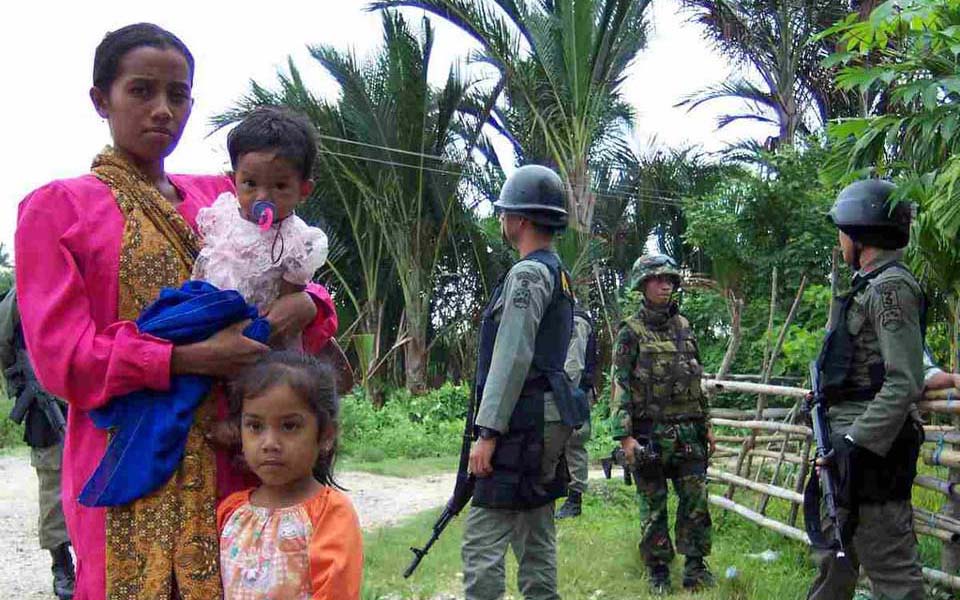
The lesson is of historic significance. In late 1948, having suffered diplomatic losses following a second period of aggression in Java, the Dutch were forced to negotiate with the pro-independence republicans. Similarly, as the Dutch were, the Indonesian forces in Aceh in 2004 and East Timor in the 1990s were militarily stronger, while suffering declining local support.
The same goes for the Myanmar junta today, whose militarily remains strong but whose popularity, domestically and internationally, has weakened, vis a vis the democratic opposition led by Aung San Syuu Kyi.
However, there are two big obstacles. China and ASEAN have for decades helped the junta survive isolation. Traditionally keen to protect their national sovereignties, ASEAN member-states — Indonesia’s New Order in particular — proved crucial in maintaining the Myanmar junta.
Changes have been very slow. Recently, ASEAN’s Human Rights Charter failed to help push the junta toward democratic change.
Instead, since ASEAN has preferred statements to united action, the association has in effect become hostage to the Myanmar generals.
It’s East Timor, therefore, that one should compare with Myanmar. Like Myanmar, East Timor was completely closed from the outside world.
Diplomats have for decades lied, denied or hid atrocities only to understand their mistakes when it’s too late — ignoring, that is, such bloody chapters ranging from the invasion, the Matebian encirclement in the 1970s to the violence in 1999, which resulted in thousands of deaths.
Under authoritarian rule, they failed to translate their success on the ground into effective foreign policy based on just, legitimate and fair local aspirations. That was the tragedy of East Timor, and is now the tragedy of Myanmar.
The writer is a journalist.
